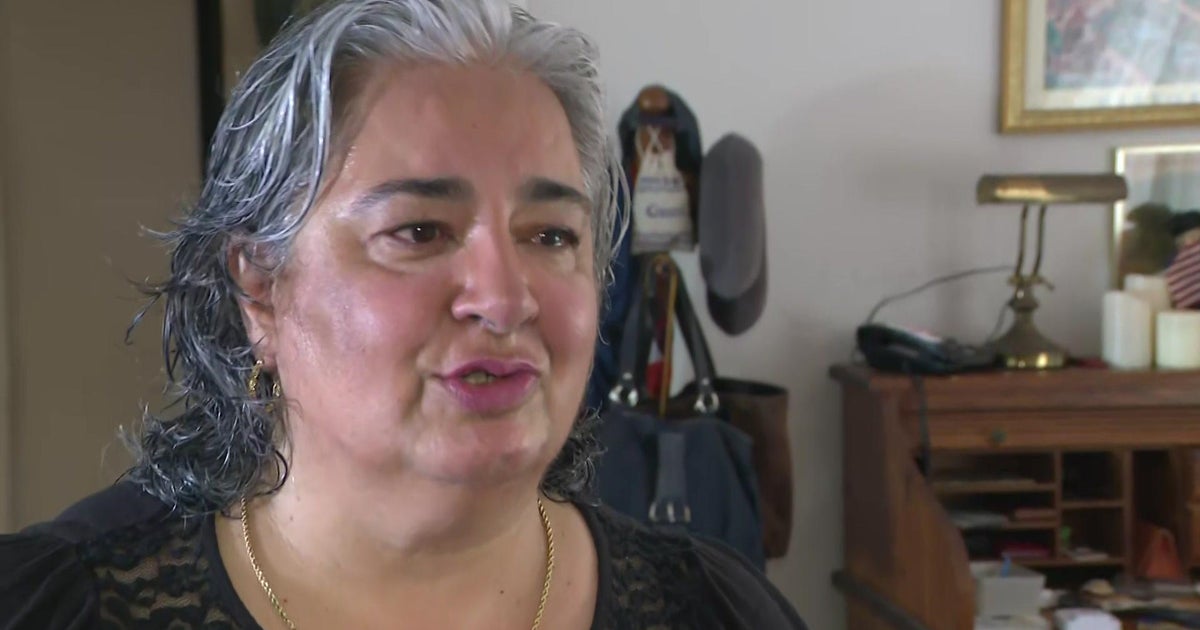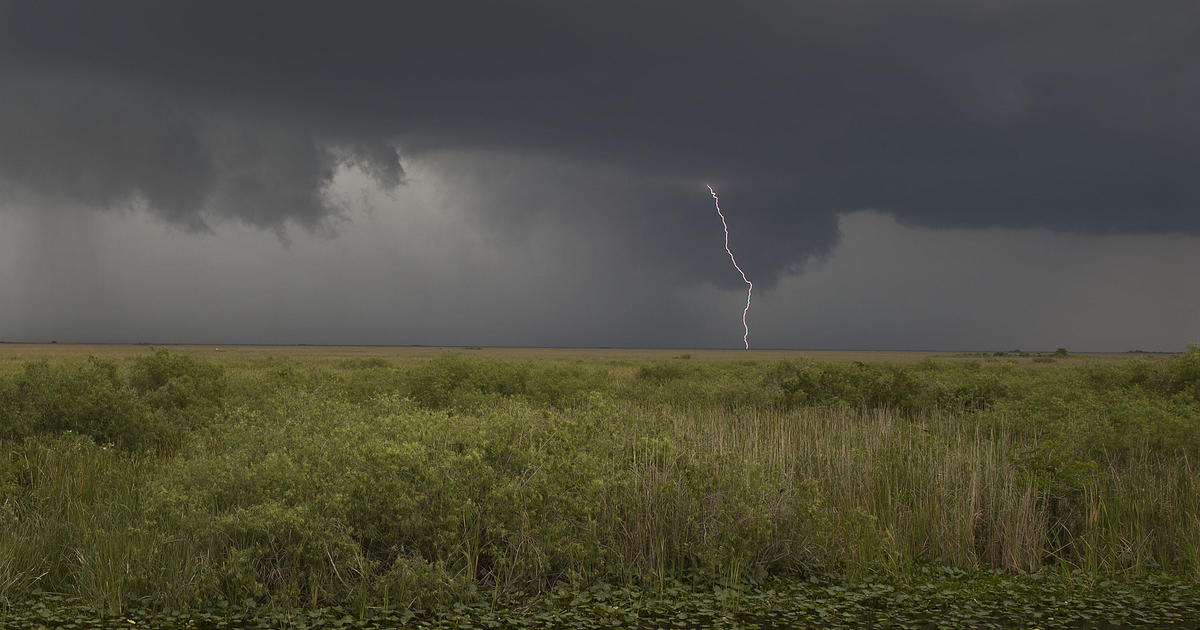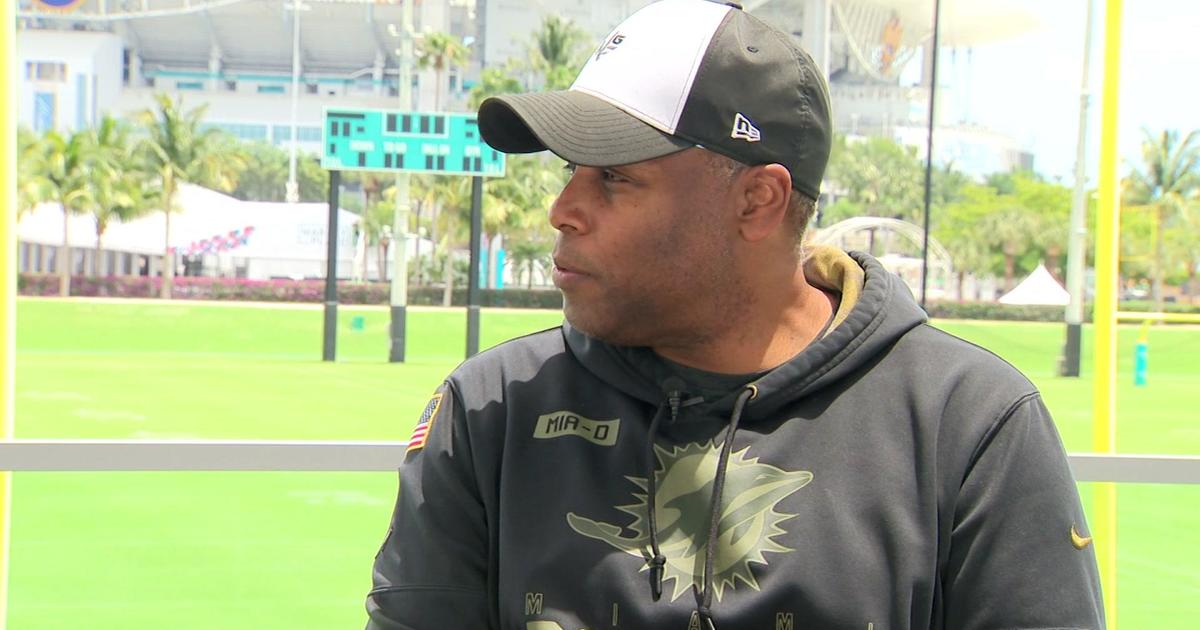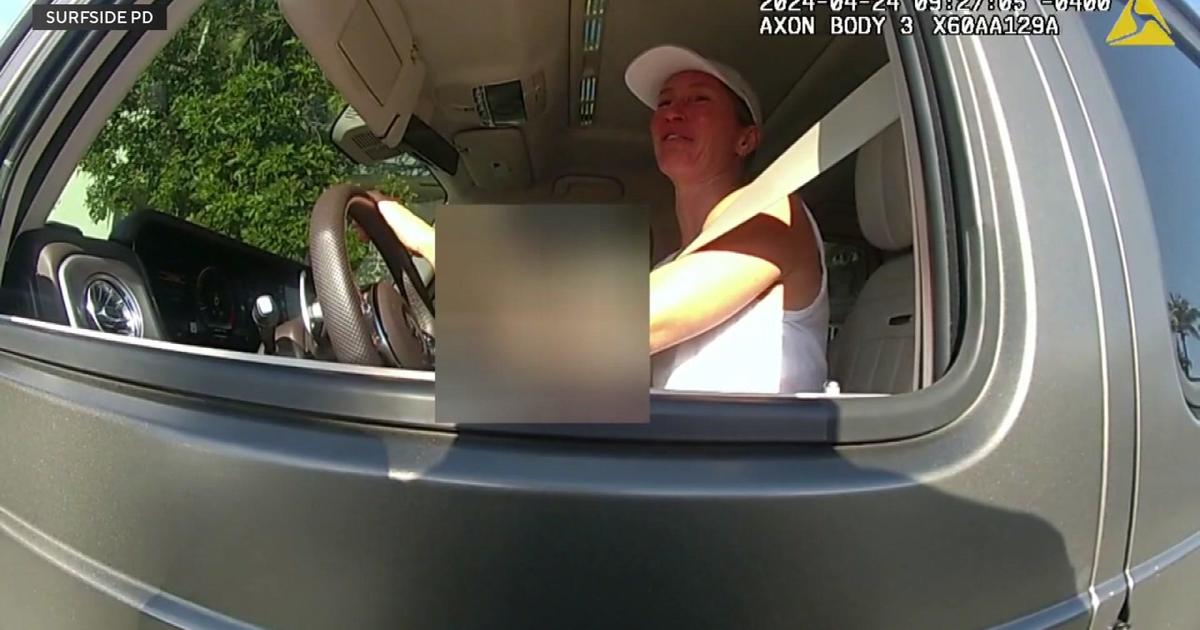Attacks On 9/11 Have Dramatically Changed How We Fly, But Has Enough Been Done To Keep You Safe?
MIAMI (CBSMiami) – The attacks on September 11, 2001, dramatically changed the way we fly. Security at the airports increased over the last two decades, with passengers now required to do things like go through X-ray machines before they get to the gate.
"The layer of security that is visible and, probably more importantly not visible, to the general public has increased exponentially since 9/11," said former FBI agent Stuart Kaplan.
But has enough been done to keep you safe at the airport?
CBS4's Brooke Shafer posed that question to Dan Ronan, the federal security director with the Transportation Security Administration at Miami International Airport.
"Absolutely. Enough has been done. But, we're not done," said Ronan. "Because if we ever think we're done, our adversaries aren't done."
Ronan has worked at MIA since 2017 and has been with the TSA for a little over a decade. "We know that our adversaries know that we're here. So we're a deterrent to them," he said.
The TSA was formed after and because of 9/11. It was established on November 19, 2001 when Congress passed the Aviation and Transportation Security Act in hopes of preventing future attacks.
Since its formation, the TSA has implemented strict rules on flying, including what people can and can't bring on airplanes. The TSA also keeps track of potential threats to aviation and stays on top of what's happening from an intelligence perspective.
When you head to the airport, there are "layers" of security, as Ronan put it. Security checkpoints before gates are only one layer, he said, of 20 to keep passengers safe.
"We have a risk assessment of each passenger that's coming through," said Ronan, who added that security begins as soon as someone buys a ticket.
Each passenger is listed as a different risk: low, high, or undetermined. An example of someone low risk is a passenger who's been screened and approved for TSA pre-check.
"We have physical security, we have fences, we have barbed wire to keep people from going over the fence," Ronan said.
But, changes are constant and expected in the TSA world where Ronan said adversaries are always looking for new and innovative ways to attack aviation. "Our adversaries are not planning to attack a plane with box cutters anymore," he said.
The mission to keep passengers safe is a personal one for Ronan.
He was in New York City on September 11, 2001 and said he watched the second plane hit the World Trade Center. He was with the U.S. Coast Guard at the time and was stationed on the waterfront in Staten Island that morning.
"I saw the fireball," Ronan told CBS4's Brooke Shafer. "I know people who lost their lives that day. My children were going to school in New York City, they had friends who lost parents."
Ronan said he still considers New York City his home and said what he saw that day drives him in his work with the TSA.
"It's very personal to me, that attack on our country, and it's something I never want to see happen again," he said.



